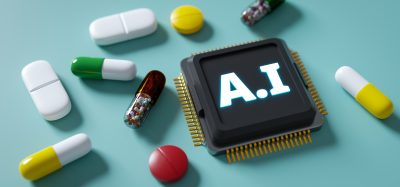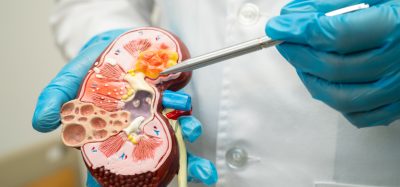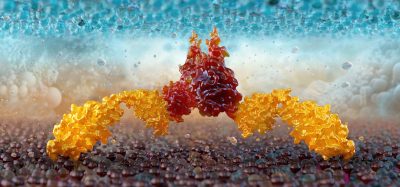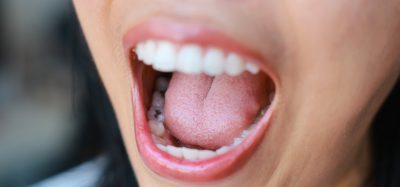New UCLA drug could restore heart and organ function
Posted: 9 October 2025 | Drug Target Review | No comments yet
UCLA researchers have developed a monoclonal antibody, AD-NP1, that blocks ENPP1 to enhance heart repair and reduce scar tissue.
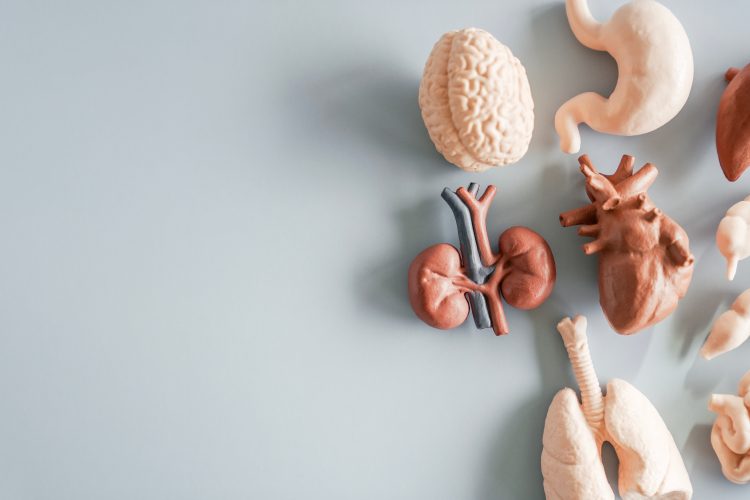

Injuries like cuts to the skin tend to heal naturally, but damage to internal organs like the heart or kidneys often leads to lasting damage. Until now, drugs that target the body’s natural repair mechanisms for these organs have been hard to formulate – but this could all be about to change.
In a new study, UCLA cardiovascular scientist Arjun Deb has discovered that heart tissue samples from mice and humans after a heart attack show elevated levels of a protein called ENPP1. These heightened levels of ENPP1 were shown to begin a metabolic chain reaction that disrupted energy generation and function of multiple cells in the injured organ, preventing tissue repair. By blocking ENPP1, the team found they could enhance heart repair, reduce scar tissue and improve overall heart function.
From lab bench to human trials
Deb’s team, funded by the National Institutes of Health, the Department of Defence and the California Institute for Regenerative Medicine (CIRM), developed a monoclonal antibody called AD-NP1. This antibody shuts down ENPP1 and promotes tissue repair in the heart and potentially other organs, after demonstrating safety and efficacy in mice and monkeys.
Biomarkers are redefining how precision therapies are discovered, validated and delivered.
This exclusive expert-led report reveals how leading teams are using biomarker science to drive faster insights, cleaner data and more targeted treatments – from discovery to diagnostics.
Inside the report:
- How leading organisations are reshaping strategy with biomarker-led approaches
- Better tools for real-time decision-making – turning complex data into faster insights
- Global standardisation and assay sensitivity – what it takes to scale across networks
Discover how biomarker science is addressing the biggest hurdles in drug discovery, translational research and precision medicine – access your free copy today
“This work has been entirely funded by taxpayer dollars, and done entirely within the University of California research ecosystem,” said Deb. “I have not taken a cent from any private donor or company to develop this drug. I hope this will form a model for future drug development at UCLA. This process has advantages of lower costs, potentially shorter development time and the principal investigator being in control of the science and having intellectual freedom with the development of the molecule, which is the most important of all.”
How AD-NP1 works
Monoclonal antibodies mimic the immune system’s natural antibodies, binding to specific targets. AD-NP1 was engineered to target ENPP1 specifically, leaving other proteins unaffected.
Much like people eat food to get energy, cells also require energy to multiply and grow and function
“Much like people eat food to get energy, cells also require energy to multiply and grow and function, and this is more critical when the tissue is injured,” Deb explained. Elevated ENPP1 interfered with these energy-generating pathways, leading to impaired cellular function. “That is what we saw: increased ENPP1 expression interfered with critical pathways that are needed for a cell to derive energy,” he said.
In animal models, AD-NP1 restored cellular energy, allowing heart muscle to contract properly, preventing heart failure.
Potential beyond the heart
Because energy-generating pathways are similar across cell types, Deb believes AD-NP1 could benefit multiple organs after acute injury. His approach, which modulates metabolic pathways rather than relying on stem cells, “uses the power of the body’s own repair system and optimises it to make it so much better,” he said.
The US Food and Drug Administration has now approved AD-NP1 for human clinical trials and if they confirm the drug’s efficacy, AD-NP1 could become the first in a new class of tissue repair-enhancing therapies.
“Cardiovascular disease is still the leading cause of death in America and around the world,” Deb noted. “All Americans want to lead healthier and longer disease-free lives. It’s a testament to the funding system we have in place in this country that within six or seven years, in an academic lab in a university setting, we have engineered a new drug that potentially could be helpful to many people with heart disease or other forms of organ injury.”
Related topics
Animal Models, Drug Discovery, Monoclonal Antibody, Regenerative Medicine, Therapeutics, Translational Science
Related conditions
Heart disease, organ injury
Related organisations
the California Institute for Regenerative Medicine (CIRM), The National Institutes of Health, UCLA
Related people
Arjun Deb (Cardiovascular Scientist at UCLA)




